Computational screens allow researchers to efficiently determine how different elemental combinations can alter material properties to quickly identify 2D materials for next generation battery anodes.
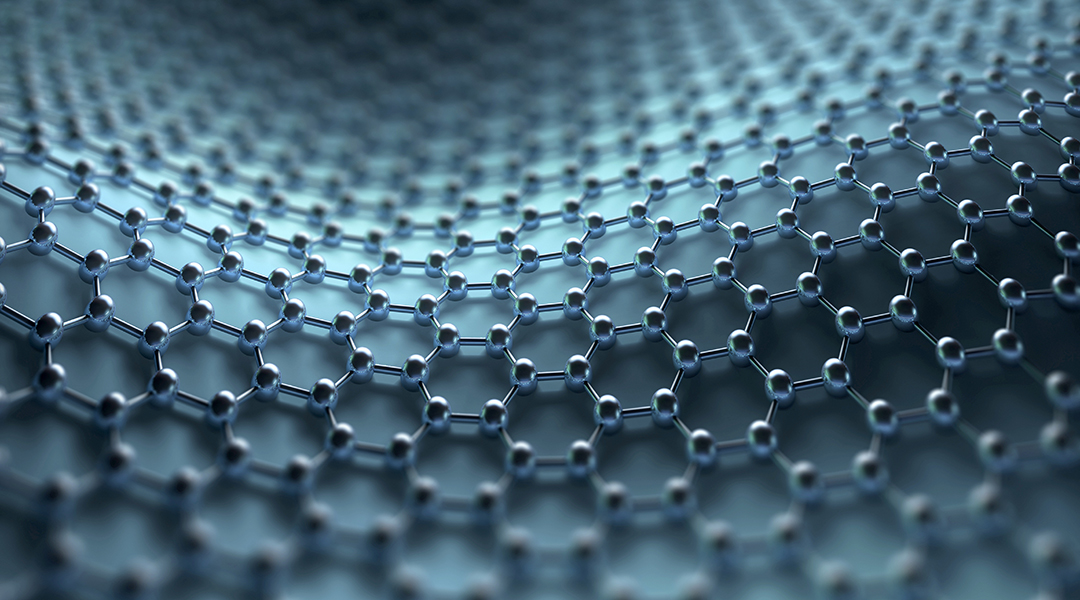

Computational screens allow researchers to efficiently determine how different elemental combinations can alter material properties to quickly identify 2D materials for next generation battery anodes.
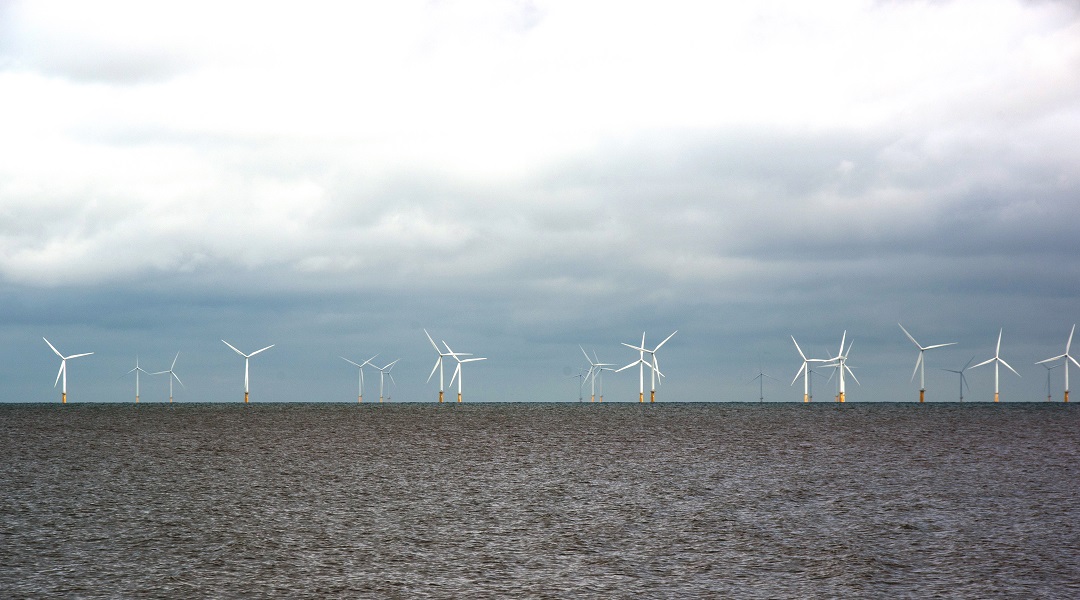
Dutch researchers develop a new computational model that could help turbine designers manage large uncertainties in wind and wave behavior.

Researchers from Freie Universität Berlin explore the impact of 3D pharmacophores on drug discovery, as well as recent developments in the field.
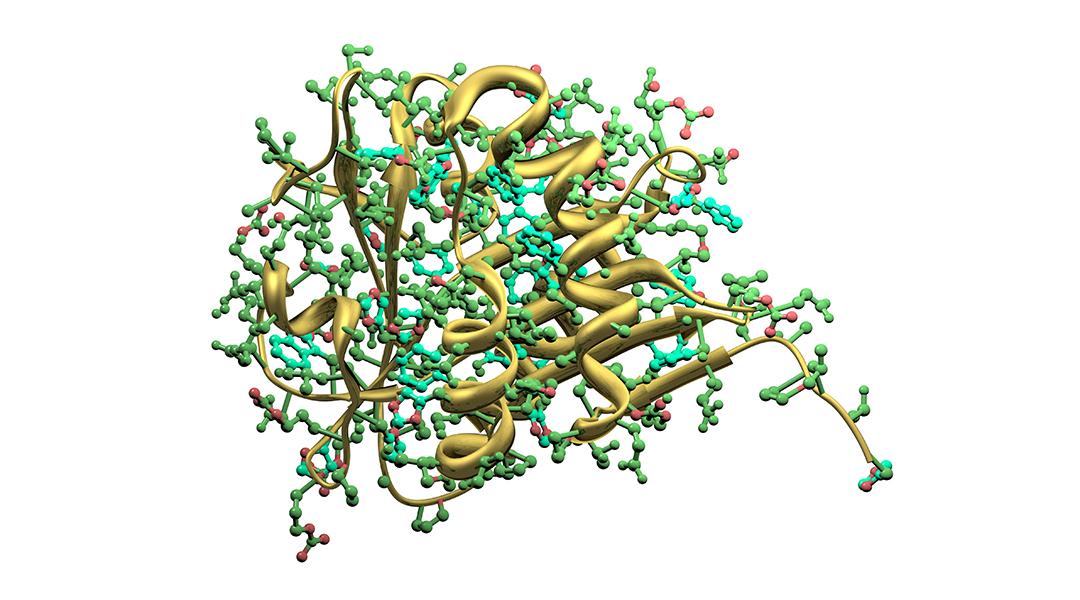
Artificial enzymes promise to not only help us understand the complex functioning of enzymes, but will create a new generation of biosystems for sustainable chemistry practices.
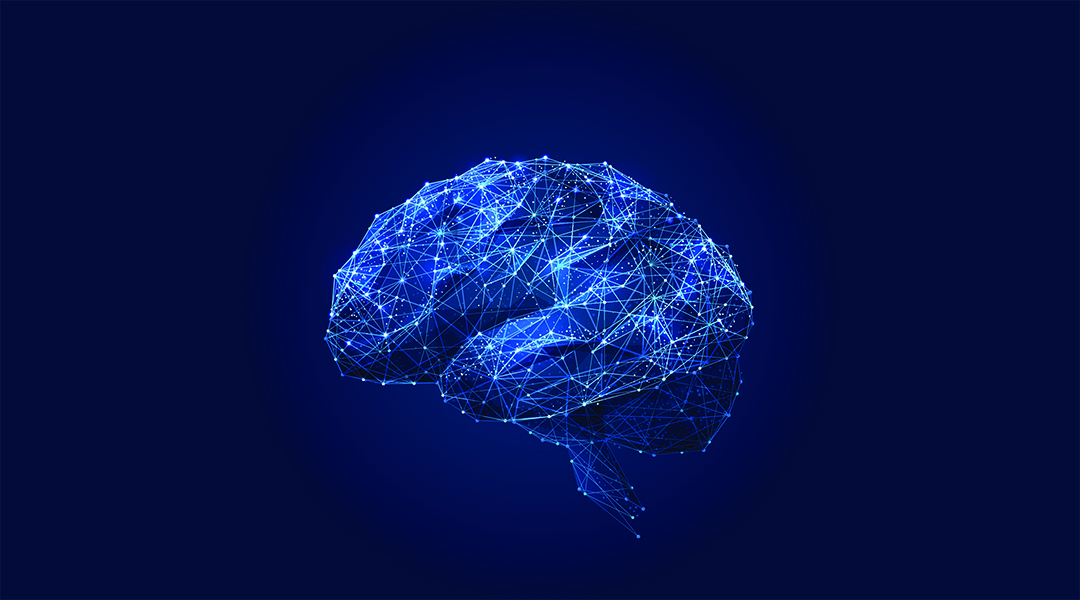
How do we reproduce the memory and processing capabilities of the human brain?
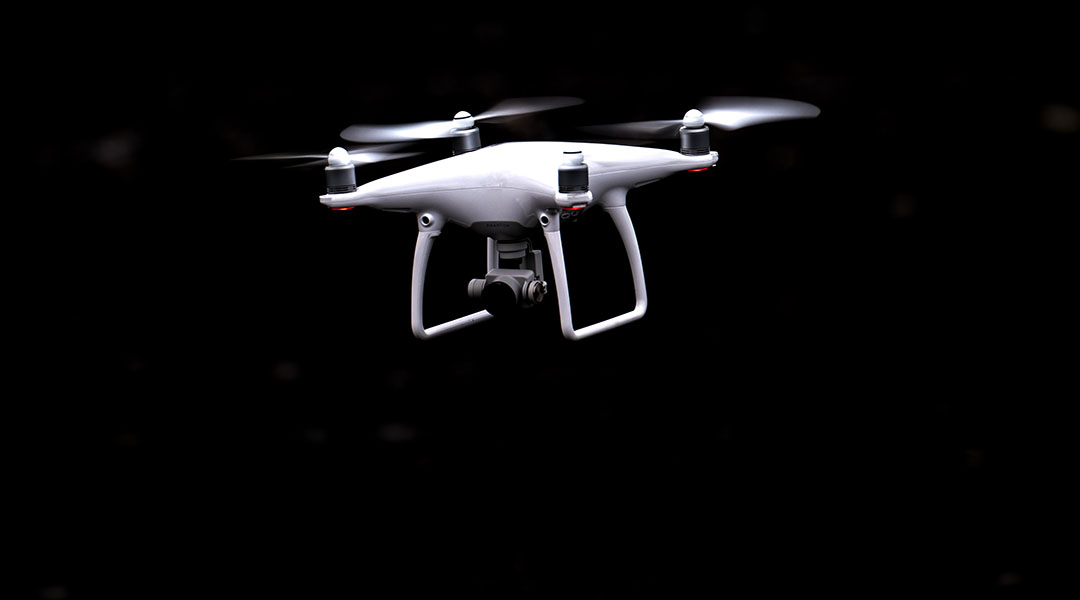
UCF researchers develop a device that mimics brain cells used for human vision. The invention may help to one day make robots that can think like humans.
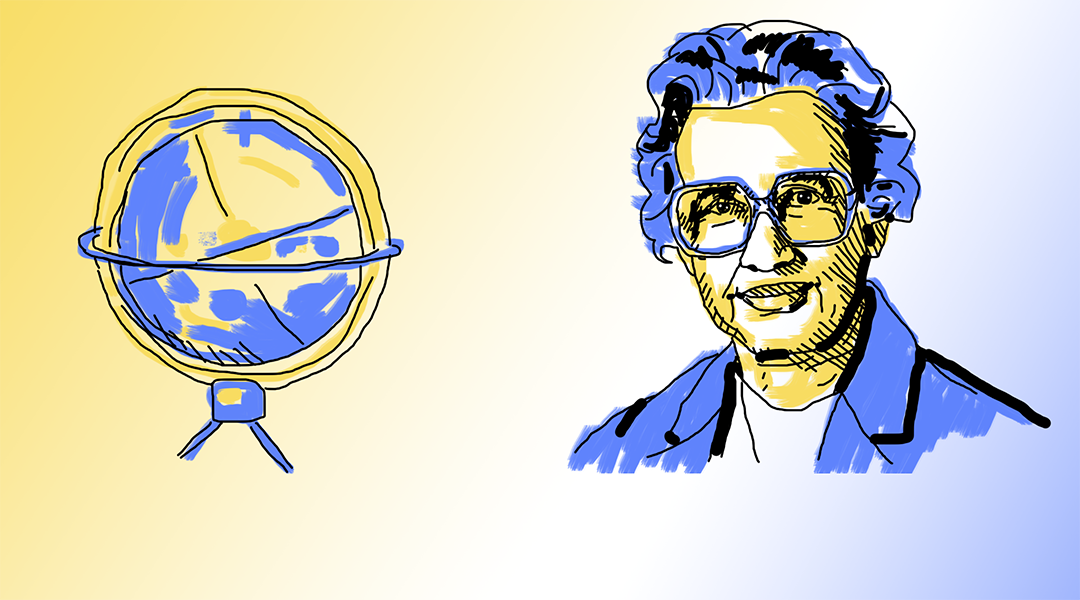
In honor of the UN’s International Day of Women in Science, this week we highlight Katherine Johnson, pioneering mathematician and NASA legend.
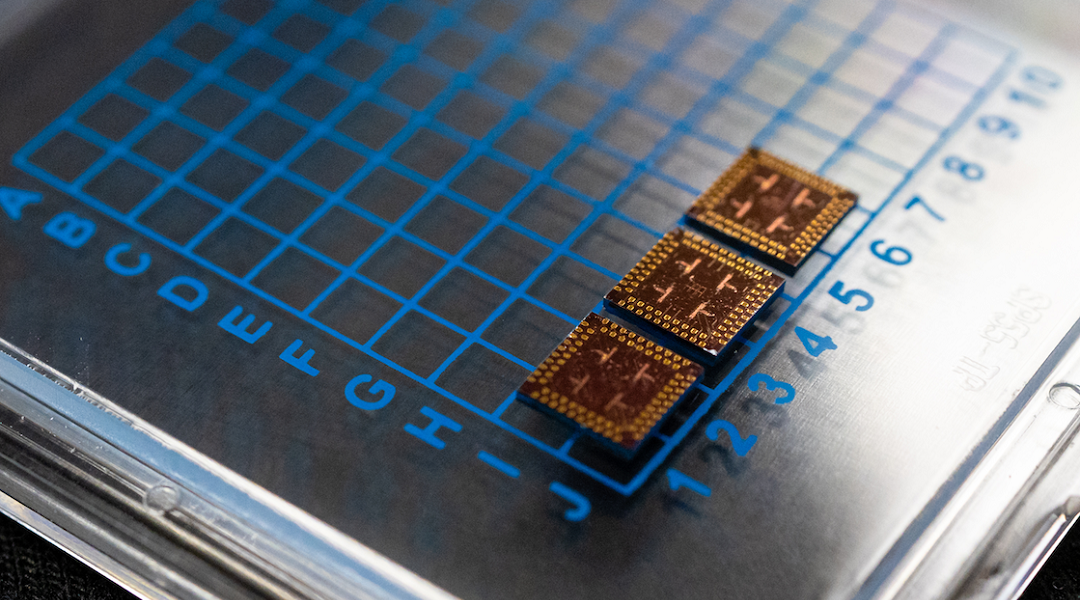
Scientists developed cryogenic memory cells that could be orders of magnitude faster than existing memories while consuming very little power.

A new approach seeks to use the “intelligence” aspects of AI to understand the physics of photonic nanostructures.
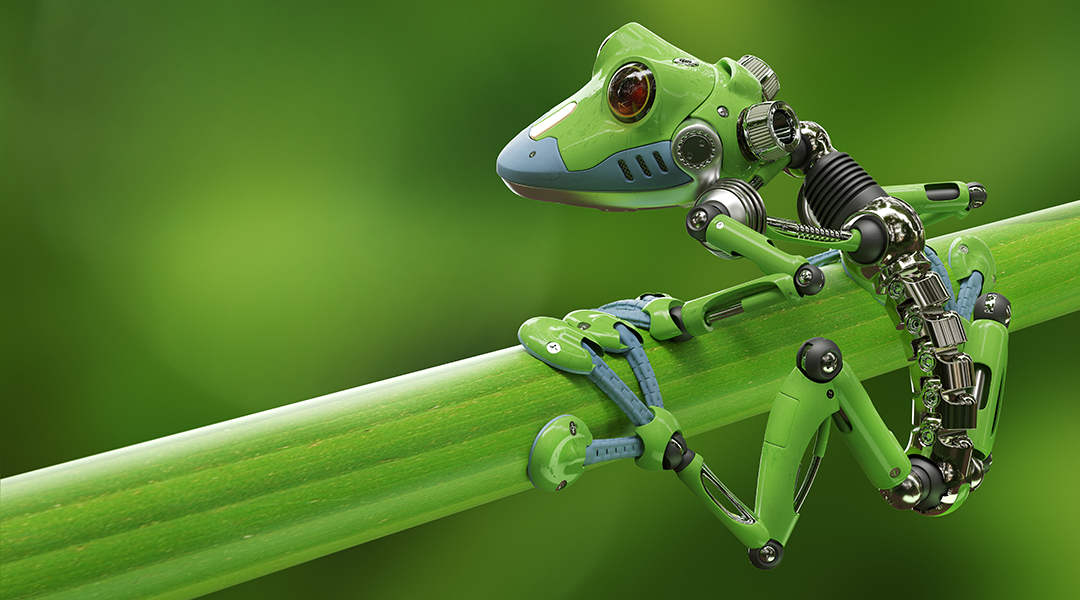
Tiny ‘xenobots’ assembled from cells promise advances from drug delivery to toxic waste clean-up.